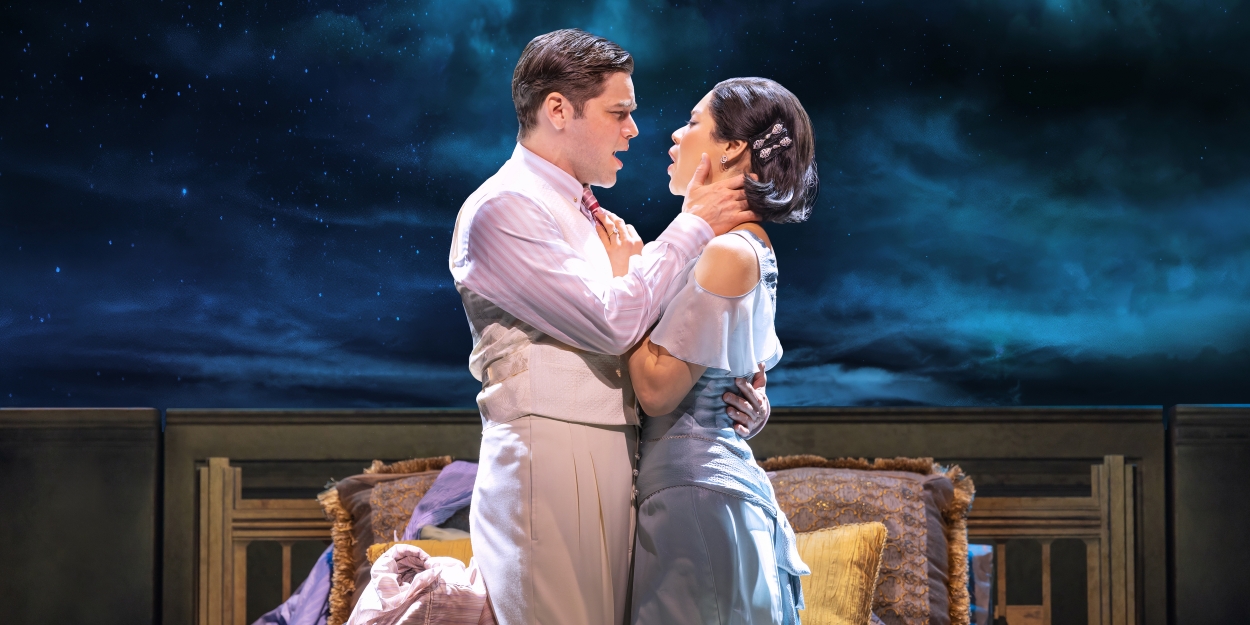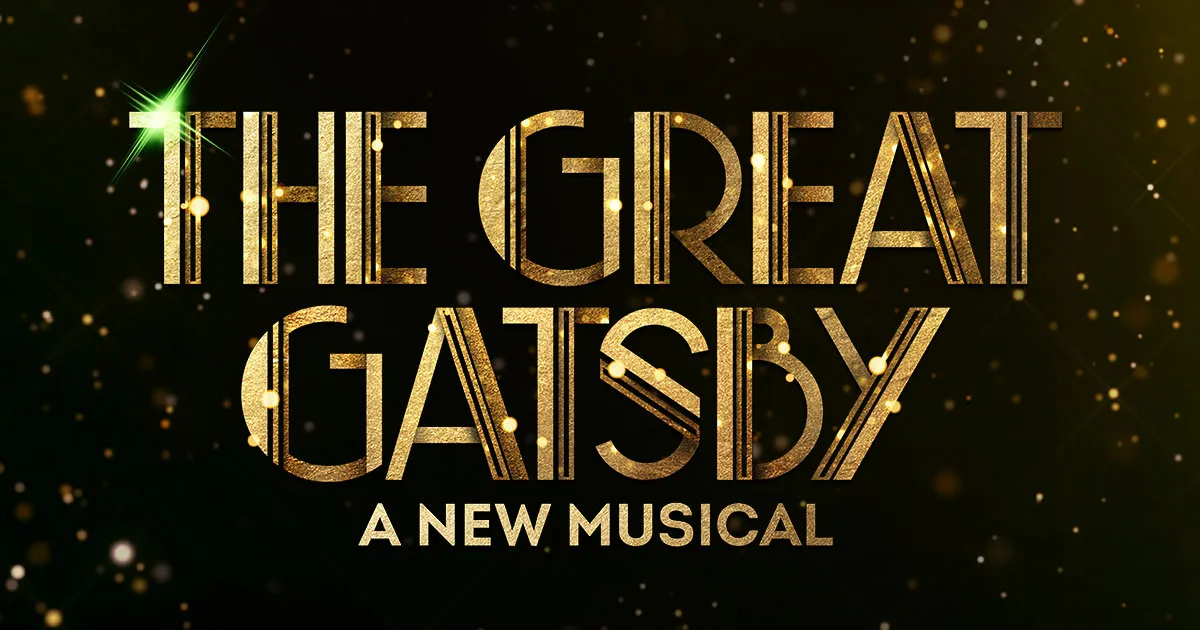Introduction Great Gatsby Review Roundup
F. Scott Fitzgerald’s “The Great Gatsby Review Roundup stands as a timeless masterpiece of American literature, capturing the essence of the Jazz Age with its intricate narrative and vivid characters. Since its publication in 1925, this novel has garnered extensive critical acclaim, prompting countless reviews that dissect its themes, characters, and Fitzgerald’s writing style. Let’s delve into a roundup of some of the most notable reviews and critical analyses of this iconic work.
Initial Reception and Contemporary Reviews
When The Great Gatsby Review Roundup was first published, it received mixed reviews from critics. The New York Times, in 1925, called it “a brilliant piece of work” but criticized its lack of depth and character development. Similarly, The Saturday Review noted its “entertaining story,” yet found it lacking in serious content. These early reviews reflected the uncertain reception of a novel that would later be recognized as a pinnacle of American literature.
Modern Retrospectives
Over the decades, the critical perception of The Great Gatsby Review Roundup has evolved significantly. Many modern critics praise Fitzgerald’s ability to capture the essence of the American Dream and the excesses of the 1920s. Writing in The Guardian, John Lanchester describes it as “a tale of timeless themes—love and ambition, wealth and class—set against the backdrop of a nation coming of age.”
Literary Analysis and Themes
 One of the enduring strengths of “The Great Gatsby Review Roundup lies in its exploration of universal themes. Critics often analyze its portrayal of the American Dream and the disillusionment that follows, as well as its commentary on social class and identity. Scholarly reviews frequently highlight Fitzgerald’s lyrical prose and his use of symbolism, particularly the green light and the eyes of Dr. T.J. Eckleburg, as motifs that enrich the narrative.
One of the enduring strengths of “The Great Gatsby Review Roundup lies in its exploration of universal themes. Critics often analyze its portrayal of the American Dream and the disillusionment that follows, as well as its commentary on social class and identity. Scholarly reviews frequently highlight Fitzgerald’s lyrical prose and his use of symbolism, particularly the green light and the eyes of Dr. T.J. Eckleburg, as motifs that enrich the narrative.
Cultural Impact and Adaptations
Beyond literature, The Great Gatsby Review Roundup has left an indelible mark on popular culture. Numerous film adaptations, including the 1974 version starring Robert Redford and the 2013 Baz Luhrmann adaptation with Leonardo DiCaprio, have brought Fitzgerald’s characters and settings to life for new generations. These adaptations have sparked renewed interest in the novel and prompted further critical reflection on its themes and relevance.
Contemporary Relevance
In recent years, critics have revisited “The Great Gatsby” in light of contemporary issues such as wealth inequality and the pursuit of success. Some argue that Fitzgerald’s critique of the American Dream remains as relevant today as it was nearly a century ago, resonating with readers grappling with similar themes in a modern context.


